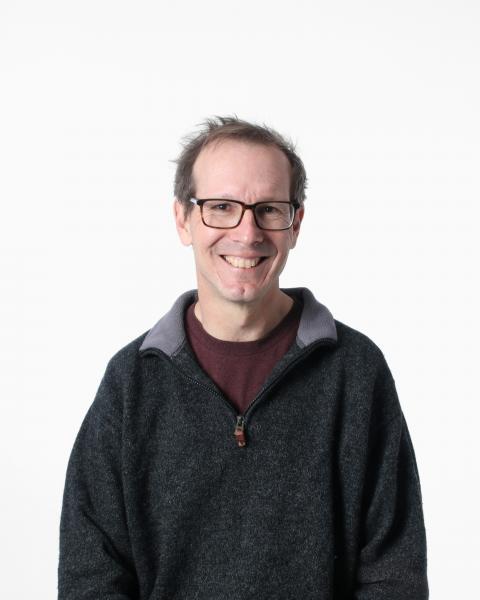Education
PhD Art History, Duke University, BA History University of Calgary
Selected Professional Activity
“Forgetting, Remembering, Forgetting Again: Mountain Toponomy and the Alberta/British Columbia Interprovincial Boundary Survey, 1913-1920” Under Western Skies III: Intersections of Environments, Technologies and Communities, Mount Royal University, Calgary, September 2014.
“Locating Past and Presence among ‘Unmemoried Heights’ or, How to Historicize the Rockies” Geographies of Displacement/Geographies de la dislocation, University of Montpellier, Montpellier, France, June 2014.
“Glaciers, Tourism and Counter Tourism: Alternate Visual Regimes in the Canadian Rockies” Thinking Mountains Conference, Mountain Studies Centre, University of Alberta, Edmonton AB, December 2012.
“Spectral Crossroads: Wilderness, Anxiety and the Native Body in Images from the Canadian West, 1860-1885” Crossroads/Carrefours – International Conference/Colloque international, at the University of Toulouse-Le-Mirail, June 2012.
“Solitude and the Contemporary Experience of Wilderness in the Mountains of Western Canada” Revealing Privacy: Debating Understandings of Privacy Helsinki Collegium for Advanced Studies, Helsinki, May 2011.
Selected Publications
Place, Desire and Maps: Representing Wilderness at the Columbia Icefield. Found in Alberta: Environmental Themes for the Anthropocene. Waterloo:Wilfred Laurie Press, 2014, pp. 263-281
